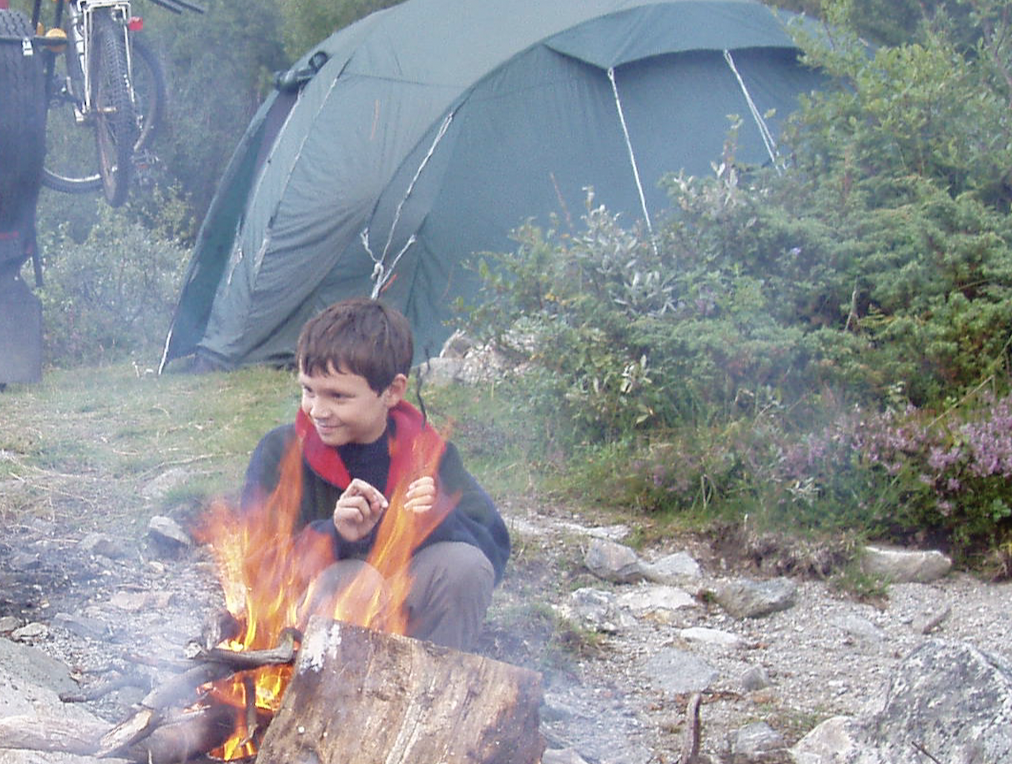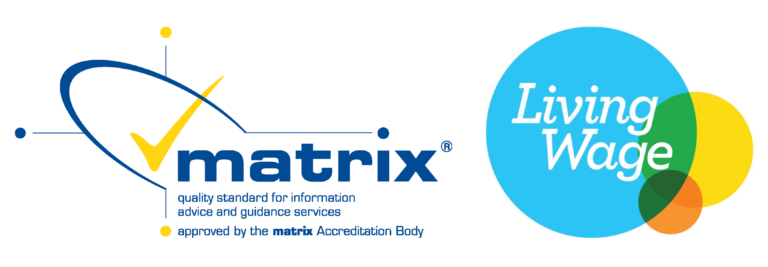In a new series of resources, we’ll be releasing interviews with researchers in Global Food Security, an Interdisciplinary Research Centre at the University of Cambridge.
Conducted for the #AnnualFoodAgenda project, which encourages young people to consider careers in food, these interviews with Cambridge-based scientists show that not every biologist did A-level biology and not every researcher works in a lab.
From backpacking to beekeeping, space food to feminism, there’s a huge range of professional and personal passions that led the interviewees to follow often unexpected paths.
David Willer, Postgraduate Student, Department of Zoology, University of Cambridge
David’s background includes research work over a 5-year period in biological and environmental sciences. Projects have ranged from metagenomics and laser photosynthetic analysis with the Department of Plant Sciences, to special initiatives assessing biotic responses to climate change with the British Antarctic Survey. He holds a 1st class degree and the Sylvia Haslam prize from the University of Cambridge in Plant Sciences.
Choosing the right path
I had no idea what I wanted to do. I thought I wanted to do sports science actually. I was really interested in that. I’d also done a lot of running and triathlons, and I was wondering whether I should give competitive sport a go.
When I did my A-levels, I chose the three sciences and geography at AS-level. Just before my A2-levels started, one of the students at a university I was looking around asked ‘why aren’t you applying to Cambridge?’
I hadn’t really thought about it much. I had a look into it and worked out that I needed maths, so, I then decided to catch up on A2 maths at home, whilst doing my other subjects. I ended up coming to Cambridge and studying natural sciences.
I think I owe quite a lot to my parents. From the age of two or three months I was taken off on backpacking, camping and mountaineering trips. I spent a long time outdoors sitting in a tent in the cold when I was small, but it gave me a good connection to the outdoors. I learned how the environment works – I think that was really important.
Experiences that made a difference
The question I want to answer is how can we produce more highly nutritious seafood, without damaging the climate? And how do we get people to choose the most sustainable fish to eat?
One of the best people I’ve met during my academic career is Professor Howard Griffiths. He is very good at connecting with younger students, who are very new to the field, and providing them with opportunities to get involved with science.
He spends weeks on field courses with undergraduates, and that gives them a real chance to both connect with him, and to directly connect with their research work.
Whether that’s doing experiments in the field, going out for a trip to the beach in Portugal, or simply having a chat over drinks in a Portuguese pub.
Field trips really helped me personally to build a relationship with an academic and understand much more what an academic lifestyle is about, why it’s enjoyable to do, and he was fantastic at actually giving a kind of passion for work and food security.
He helped me sort out summer internships, doing things like exploring Antarctic lichens or doing pilot trials with new instruments. It was lots of opportunities to try new things, see what I was interested in and explore different avenues.
Studying for a PHD
I hadn’t imagined doing a PhD. I’d say it was partly because I enjoyed all these summer research projects that I’d done.
I liked learning new things, and I thought I’d much rather go and spend a few years learning new stuff rather than working a 9-5 job.
I think at that point I’d worked out a bit more what my career aspirations were, and I really wanted to do something that improved the health of the people, linking back to the sports science stuff, but also the health of the planet, and I thought a PhD would be sort of building towards that.

These interviews were carried out in 2020, as part of the #AnnualFoodAgenda project, powered by EIT Food, supported by the EIT, a body of the European Union.



